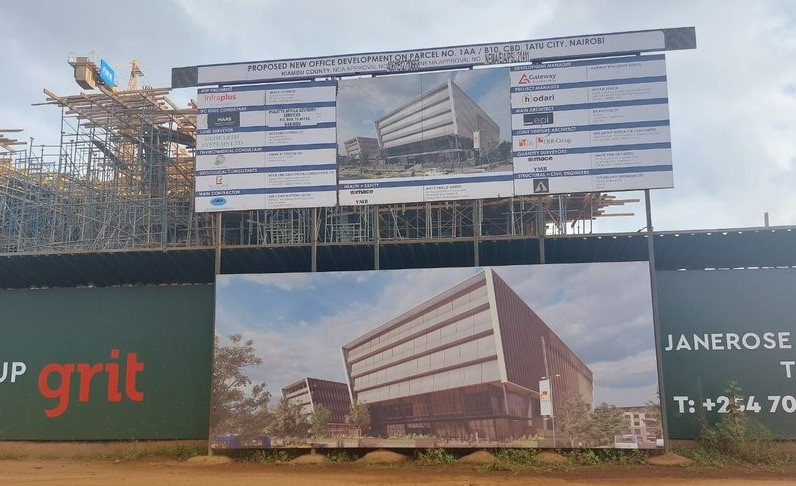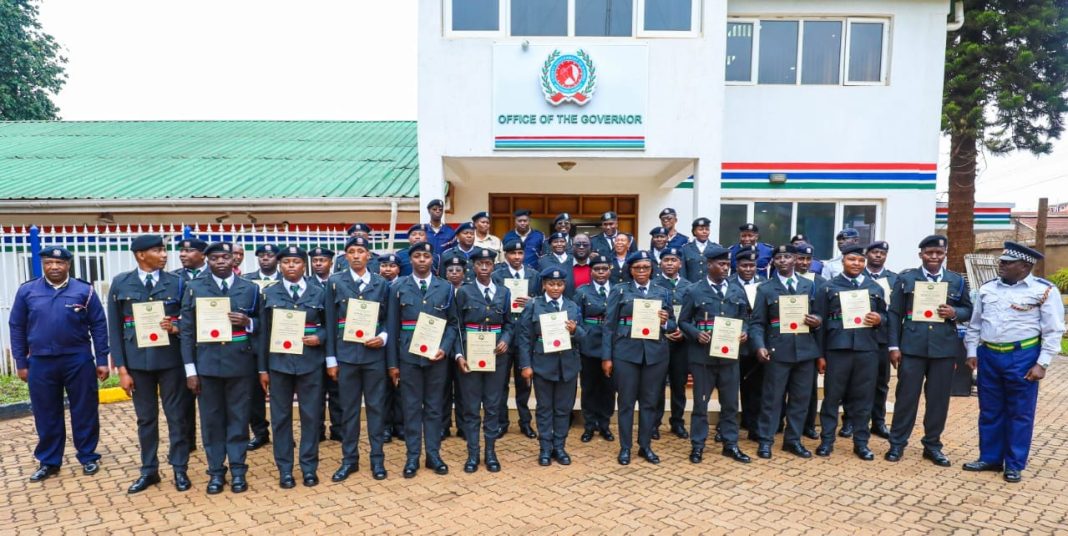The Architectural Association of Kenya (AAK) has strongly condemned the recent actions of the Kiambu County Government in their dispute with Tatu City Management. The central issue revolves around a demand for land surrender by Tatu City, allegedly for public purposes, including a proposal to allocate 2.0 acres for the Governor’s residence.
Tatu City, situated in Ruiru Municipality, holds the status of a Special Economic Zone and a Special Planning Area. Consequently, its approval processes fall under the jurisdiction of the Director of Physical Planning at the Ministry of Lands, Public Works, Housing, and Urban Development. Despite this, the County Government of Kiambu issued a letter on April 16, 2024, demanding land surrender, which Tatu City management labeled as extortion.
The AAK asserts that the Kiambu County Government’s 10% land surrender demand lacks legal basis. The Association emphasizes that such demands are remnants of past abuses and constitute corruption and abuse of office. According to the AAK, securing land for public purposes should strictly adhere to legal means outlined in the Physical and Land Use Planning Act (2019). Any alternative method of land acquisition outside these norms is both illegal and unacceptable.
Additionally, the AAK criticized the Kiambu County Government for deliberate delays in development approval processes. A study commissioned by the AAK in 2023 identified Kiambu County as the most challenging in processing permits, following the abandonment of their electronic permitting system (e-DAMS) in favor of manual processes. The county cited system errors, an inactive payment code, and frequent downtime as reasons for discontinuing e-DAMS.
The AAK warns that reverting to manual processes would have far-reaching negative implications for development control and the ease of doing business. Despite assurances from the county regarding reinstating a more efficient system, progress has been minimal, with postponed or canceled meetings.
In response to these issues, the AAK calls for the establishment of a comprehensive digital permitting system that harmonizes fees and procedures across all 47 counties while linking relevant state agencies. This proposed system would incorporate built-in accountability measures and stakeholder engagement mechanisms.
The AAK has already shared a concept note with the Ministry of Information, Communications, and the Digital Economy (MoICT) and seeks an audience with the Council of Governors (COG) to advance this crucial proposal.







The gold standard for international pharmaceutical services.
cost of generic lisinopril price
The most trustworthy pharmacy in the region.
They always prioritize the customer’s needs.
get lisinopril pill
A beacon of trust in international pharmacy services.
Quick turnaround on all my prescriptions.
order cipro
A modern pharmacy with a traditional touch of care.
Their global presence never compromises on quality.
where can i buy fluoxetine
I’m impressed with their commitment to customer care.
They stock quality medications from all over the world.
cheap lisinopril no prescription
What side effects can this medication cause?